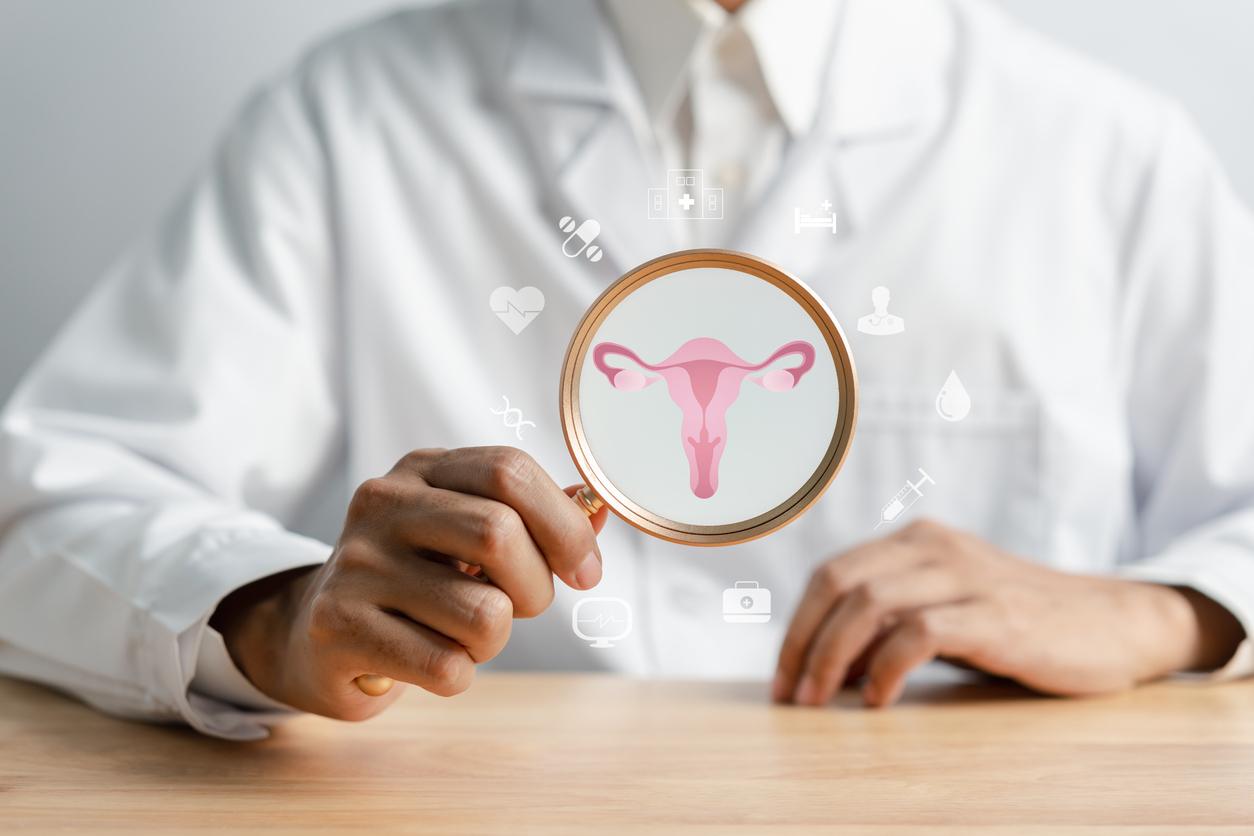A team of researchers developed a non-hormonal contraceptive pill that proved viable in male rodents, with reversible effects.

- A non-hormonal male birth control pill has shown promising results in animal models, according to a new study.
- The researchers relied on a new strategy based on the inhibition of the serine/threonine kinase 33 or STK33 molecule, “a protein that is specifically necessary for the formation of functional sperm, and therefore for fertility in humans and mouse”.
- In mice, the pill reduced the motility of sperm, their number, as well as their ability to fertilize females. Note that the contraceptive effect was reversible.
Soon a new contraceptive option for men, in addition to condoms and vasectomy? While research in this area is still in its early stages, a non-hormonal male contraceptive pill has shown promising results in animal models, according to a new study published in the journal Science.
Reduced sperm motility in mice
As part of their work, researchers from Baylor College of Medicine, in the United States, relied on a new strategy based on the inhibition of the serine/threonine kinase 33 or STK33 molecule, “a protein that is specifically necessary for the formation of functional sperm, and therefore for fertility in humans and mice”can we read in a communicated. Previous studies have already shown that knocking out the STK33 gene made rodents and humans infertile, due to abnormal sperm and poor sperm motility. And this, without causing other damage, to the size of the testicles for example.
Using DNA-encoded chemical library (DEC-Tec) technology, scientists discovered potent inhibitors specific to the STK33 protein, from which they created modified versions to make them “more stable and more selective”. Among the latter, it is “the compound CDD-2807 which proved to be the most effective” on the mouse models under study. Indeed, this made it possible to reduce the motility of spermatozoa, their number, as well as their ability to fertilize females.
A reversible contraceptive effect
“It is important to note that the contraceptive effect was reversible, specify the researchers. After a period without the CDD-2807 compound, the mice’s spermatozoa regained their motility and number. The rodents were fertile again.” The team of scientists plans to go further in the future and “to evaluate the effectiveness of STK33 inhibitory compounds in primates”.
As a reminder, this is not the first time that a male pill has shown good results. Several hormone-based contraceptives showed effectiveness rates during experiments of up to 94%, but most of them affected sperm development over a long period of time. We had to wait until 2023 for a non-hormonal contraceptive pill to see the light of day.
















